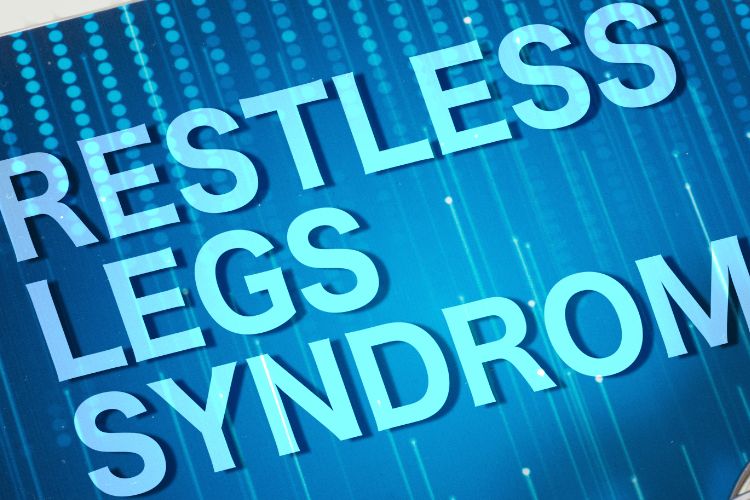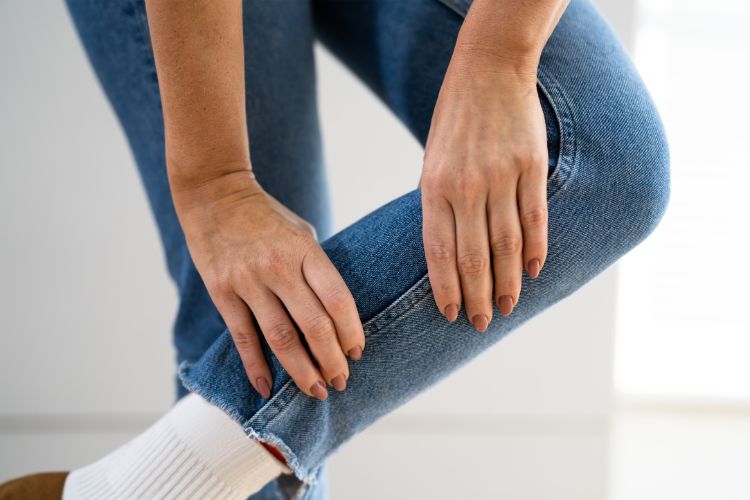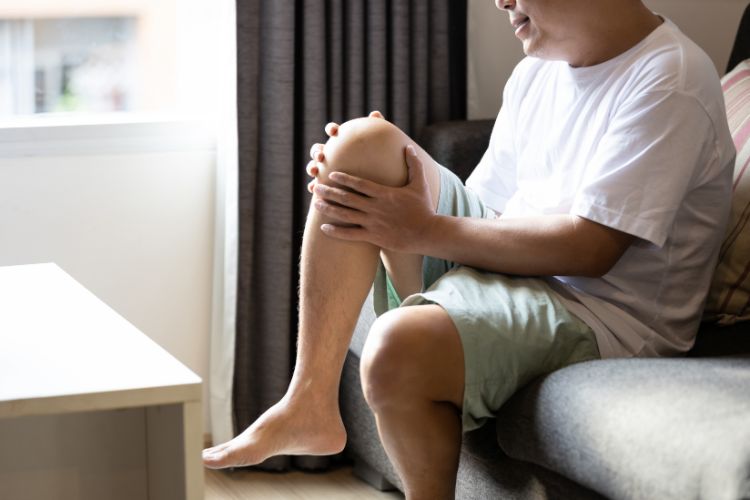How To Manage A Pinched Nerve With A Chiropractor for Migraines In Hickory
Neck pain in Hickory, or soreness in other parts of your body, can come from a variety of different sources. These range from arthritis to tendonitis to torn cartilages in your joints. This also doesn’t include the variety of other conditions that have back pain in Hickory as a common symptom. One common such example is getting a pinched nerve in the upper part of the spine, also known as cervical radiculopathy. This generally occurs when bone spurs start to appear around the discs in the spine. When everything is working well, the discs should absorb the shocks between each individual vertebra. A bone spur is a small bit of bone that is formed as we age and discs get weaker. When things go properly, bone spurs support the vertebrae as they get weaker, However, in some cases, those spurs press on nerve roots, leading to other symptoms.
Symptoms of Pinched Nerves
How do you tell that the soreness you are dealing with stems from a pinched nerve? No matter what area it’s in, you’re going to need to have an in-depth exam of the affected area to be absolutely certain. As an example, a pinched nerve is generally localized in one area. Another thing to note is that these are normally very sharp soreness. By comparison, if you simply overexerted a muscle, the sensation would likely be a duller strain. In some cases, a pinch may never have any other symptoms. Some people feel a sensation of pins and needles in a certain area. Others may feel numbness or weakness when trying to lift something.
Depending on where you feel your symptoms and the exact nature of them, your medical professional may be able to determine if it is a pinched nerve or not quite quickly. Generally, though, an exam will still be administered. These start by testing sensitivity, strength, and reflexes. You may be told to do different stretches and movements to determine what leads to symptoms and what relieves them. You’ll also likely need to provide details about your pain. For example, be sure to have a record of when the pain started, and any activities that you do that cause soreness to flare up. If it is soothed by certain activities, be sure to mention those as well. Your doctor might also ask if you have had other health changes or recently increased your physical activities. If the spinal nerves are impacted, they can manifest in surprising ways, like bladder and bowel issues.
Say that your standard exam isn’t enough to get to the root of these issues. Your doctor may instead decide to do imaging tests to figure out what’s causing the pinched nerve and where it is. This is mostly administered through X-rays or MRI scans. An X-ray can showcase details going on with your bones, but won’t show your discs and nerves. With this said, they can be useful for determining if you have narrow vertebrae or bone spurs. An MRI is able to do more, showing how healthy your nerves and discs are in detail. In some cases, an X-ray may be done to a certain area to check for bone injury. Lastly, if the issue is due to injured ligaments or tendons, an ultrasound may be needed.
Working With Your Fibromyalgia Chiropractor In Hickory
So, if you suspect that a pinched nerve is behind your soreness, or know it for a fact, what can you do? One asset that you have is doing a posture adjustment. To start, try and find a position that helps you feel comfortable with your soreness. After this, you can adapt your lifestyle and living spaces to help you stay in that posture as much as possible. For a lot of people, doing this in the workplace is a major source of problems. One way to get around this is by using a standing workplace. These help prevent pinched nerves, treat existing ones, and just lower overall soreness. You can either ask the HR department to modify your existing space or buy your own.
Another thing to note is that whenever you are dealing with a pinched nerve, you want to make sure that you are as rested as possible, along with lowering any activity that leads to soreness. Try and keep the cycle of rest going until your symptoms subside. After this, you can begin to start testing things together. For certain types of issues, like carpal tunnel syndrome, you may be able to use a splint to protect your wrist.
You have a lot of options that you can do at home to help lower soreness from pinched nerves. For example, a gentle stretch can help provide relief, but you don’t want to overextend yourself. Focus on smaller movements, and if you find yourself getting sore again, try and do something less intensive. Think about applying heat to your muscles in the affected area to help them loosen. Heat also supports healing by promoting blood flow. Generally, you want to apply it for 10-15 minutes at a time. You can also do ice instead if you prefer. Simply get some ice, wrap it in a washcloth, and apply it to the area for 10-15 minutes as well.
If you want additional help, consider looking into NSAIDs. These can help quite a bit with mild soreness and can be brought over the counter. With that said, just make sure that you read and stick to the recommended dosage. These aren’t going to be able to provide total coverage as well. If you find that you’re dealing with consistent, extreme, or repeated soreness, reach out to a medical professional. On top of performing the exams before, they may be able to provide a prescription for more powerful medication. They may also recommend a specialist like a chiropractor in Hickory. This will help you get the treatment you need.
Symptoms of Pinched Nerves
How do you tell that the soreness you are dealing with stems from a pinched nerve? No matter what area it’s in, you’re going to need to have an in-depth exam of the affected area to be absolutely certain. As an example, a pinched nerve is generally localized in one area. Another thing to note is that these are normally very sharp soreness. By comparison, if you simply overexerted a muscle, the sensation would likely be a duller strain. In some cases, a pinch may never have any other symptoms. Some people feel a sensation of pins and needles in a certain area. Others may feel numbness or weakness when trying to lift something.
Depending on where you feel your symptoms and the exact nature of them, your medical professional may be able to determine if it is a pinched nerve or not quite quickly. Generally, though, an exam will still be administered. These start by testing sensitivity, strength, and reflexes. You may be told to do different stretches and movements to determine what leads to symptoms and what relieves them. You’ll also likely need to provide details about your pain. For example, be sure to have a record of when the pain started, and any activities that you do that cause soreness to flare up. If it is soothed by certain activities, be sure to mention those as well. Your doctor might also ask if you have had other health changes or recently increased your physical activities. If the spinal nerves are impacted, they can manifest in surprising ways, like bladder and bowel issues.
Say that your standard exam isn’t enough to get to the root of these issues. Your doctor may instead decide to do imaging tests to figure out what’s causing the pinched nerve and where it is. This is mostly administered through X-rays or MRI scans. An X-ray can showcase details going on with your bones, but won’t show your discs and nerves. With this said, they can be useful for determining if you have narrow vertebrae or bone spurs. An MRI is able to do more, showing how healthy your nerves and discs are in detail. In some cases, an X-ray may be done to a certain area to check for bone injury. Lastly, if the issue is due to injured ligaments or tendons, an ultrasound may be needed.
Working With Your Fibromyalgia Chiropractor In Hickory
So, if you suspect that a pinched nerve is behind your soreness, or know it for a fact, what can you do? One asset that you have is doing a posture adjustment. To start, try and find a position that helps you feel comfortable with your soreness. After this, you can adapt your lifestyle and living spaces to help you stay in that posture as much as possible. For a lot of people, doing this in the workplace is a major source of problems. One way to get around this is by using a standing workplace. These help prevent pinched nerves, treat existing ones, and just lower overall soreness. You can either ask the HR department to modify your existing space or buy your own.
Another thing to note is that whenever you are dealing with a pinched nerve, you want to make sure that you are as rested as possible, along with lowering any activity that leads to soreness. Try and keep the cycle of rest going until your symptoms subside. After this, you can begin to start testing things together. For certain types of issues, like carpal tunnel syndrome, you may be able to use a splint to protect your wrist.
You have a lot of options that you can do at home to help lower soreness from pinched nerves. For example, a gentle stretch can help provide relief, but you don’t want to overextend yourself. Focus on smaller movements, and if you find yourself getting sore again, try and do something less intensive. Think about applying heat to your muscles in the affected area to help them loosen. Heat also supports healing by promoting blood flow. Generally, you want to apply it for 10-15 minutes at a time. You can also do ice instead if you prefer. Simply get some ice, wrap it in a washcloth, and apply it to the area for 10-15 minutes as well.
If you want additional help, consider looking into NSAIDs. These can help quite a bit with mild soreness and can be brought over the counter. With that said, just make sure that you read and stick to the recommended dosage. These aren’t going to be able to provide total coverage as well. If you find that you’re dealing with consistent, extreme, or repeated soreness, reach out to a medical professional. On top of performing the exams before, they may be able to provide a prescription for more powerful medication. They may also recommend a specialist like a chiropractor in Hickory. This will help you get the treatment you need.





